Rosh Hashanah: The Jewish New Year
Rosh Hashanah, meaning “Head of the Year”, marks the beginning of the Jewish New Year and opens the Ten Days of Repentance that culminate in Yom Kippur. It is both solemn and joyful — a time for reflection, renewal, and hope for the year ahead.
Central Themes
Rosh Hashanah invites us to:
Reflect on the past year and consider how to grow spiritually.
Seek Forgiveness from God and from those we may have wronged.
Renew Commitments to family, community, and our deepest values.
The Sound of the Shofar
At the heart of Rosh Hashanah is the shofar — the ram’s horn. Its ancient blasts stir the soul, awaken reflection, and call us to repentance. Each sound — tekiah, shevarim, teruah — carries profound spiritual meaning: urging us to wake up, break free of old habits, and embrace change.
Festive Traditions
Alongside prayer and introspection, Rosh Hashanah is celebrated with meals full of symbolism:
Apples dipped in honey: expressing the hope for a sweet new year.Round challah: symbolising continuity and the eternal cycle of life.Pomegranates: representing abundance and the many mitzvot (good deeds).
Prayer and Reflection
Special prayers on Rosh Hashanah emphasise God’s kingship, the creation of the world, and our longing to be inscribed in the Book of Life for a good year. Synagogues gather for extended services that blend ancient liturgy, poetry, and song — connecting us to generations past while inspiring our future.
A Time for Renewal
At its heart, Rosh Hashanah is an opportunity: to make amends, set intentions, and embrace a fresh start. It is a sacred pause in time — a chance to step forward with clarity, gratitude, and renewed purpose.
Rosh Hashanah is more than the turning of the calendar. It is a spiritual milestone — a call to begin again, with open hearts and a vision for a year of blessing and growth.
Greg Bouwer


